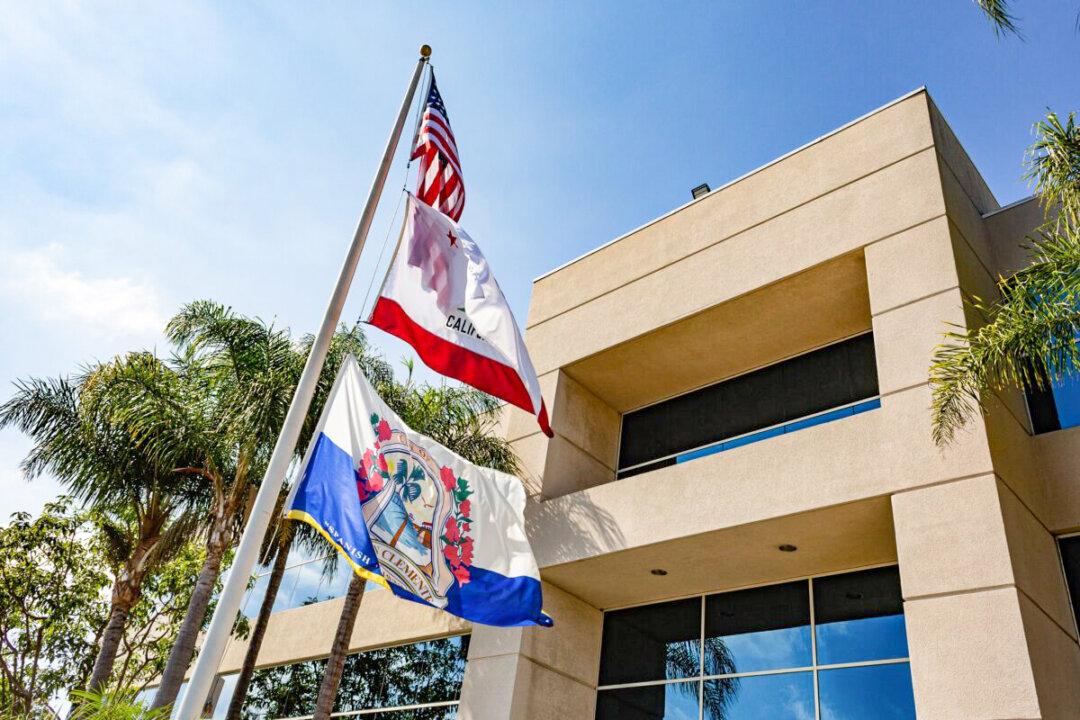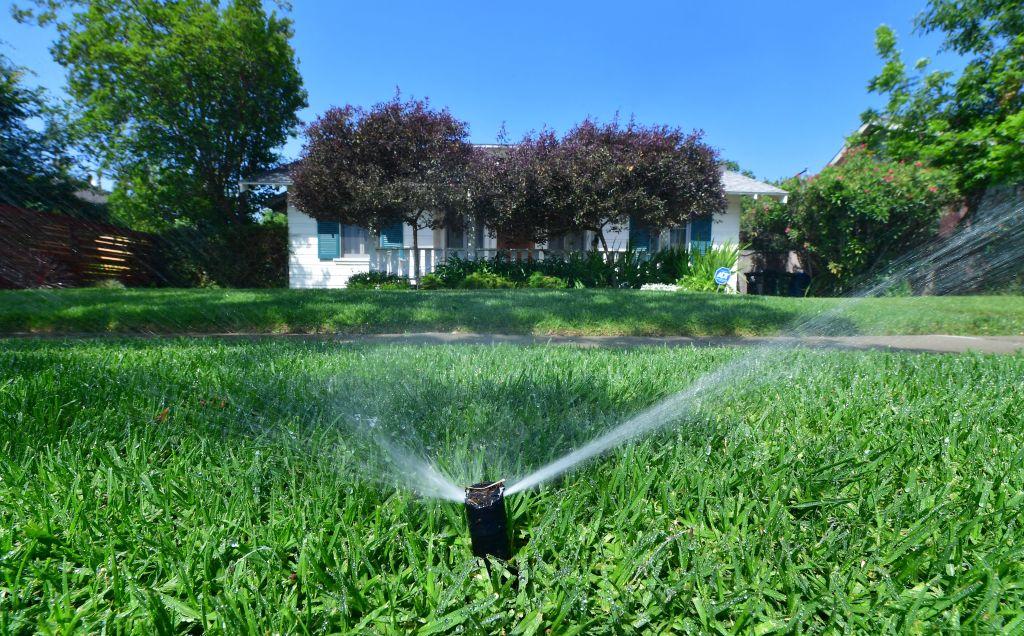SAN CLEMENTE, Calif.—South Orange County residents and Californians in general could see “long overdue improvements” to critical infrastructure in the coming months thanks to new federal funding, officials announced during a Dec. 7 press conference.
San Clemente city officials and Rep. Mike Levin (D-Calif.), who represents ten cities across North County San Diego and South Orange County, said the quality of life for millions of California residents would be improved by creating jobs and growing the economy through President Biden’s Bipartisan Infrastructure Bill, which was passed by Congress last year.





